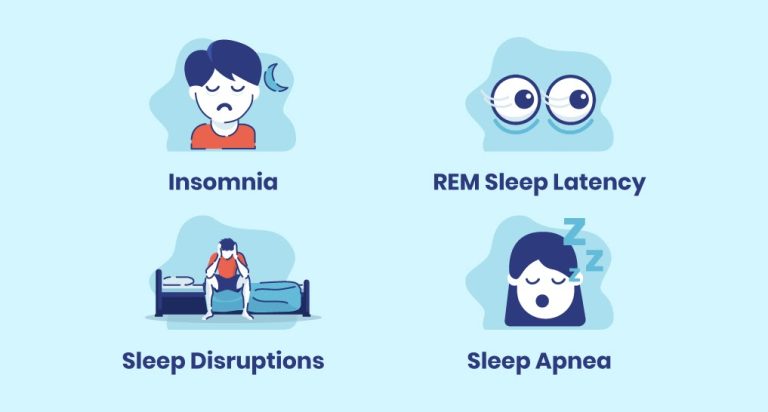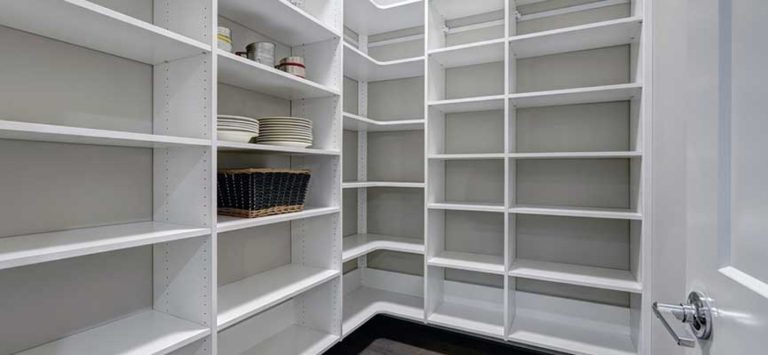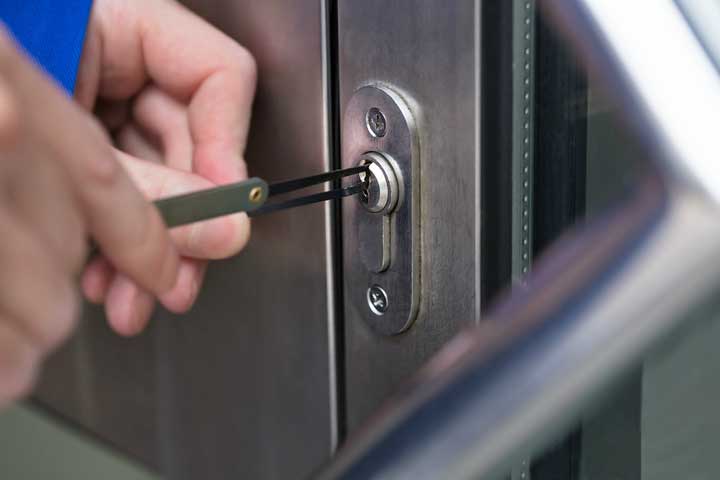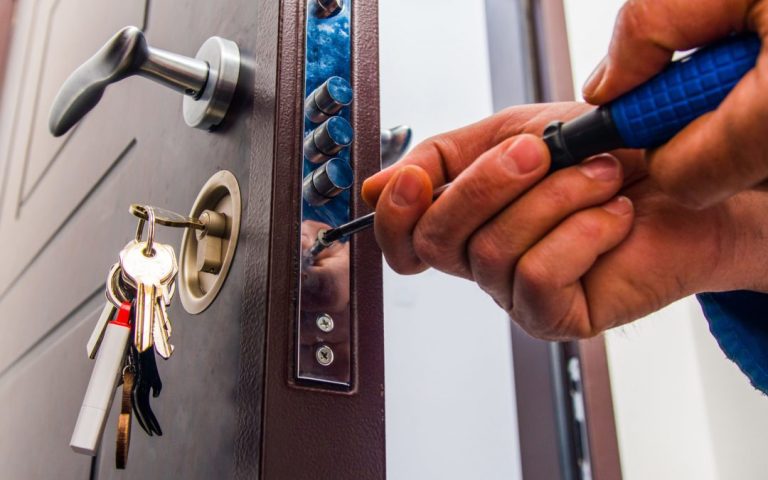How to Hire the Right Measured Building Surveyors in London
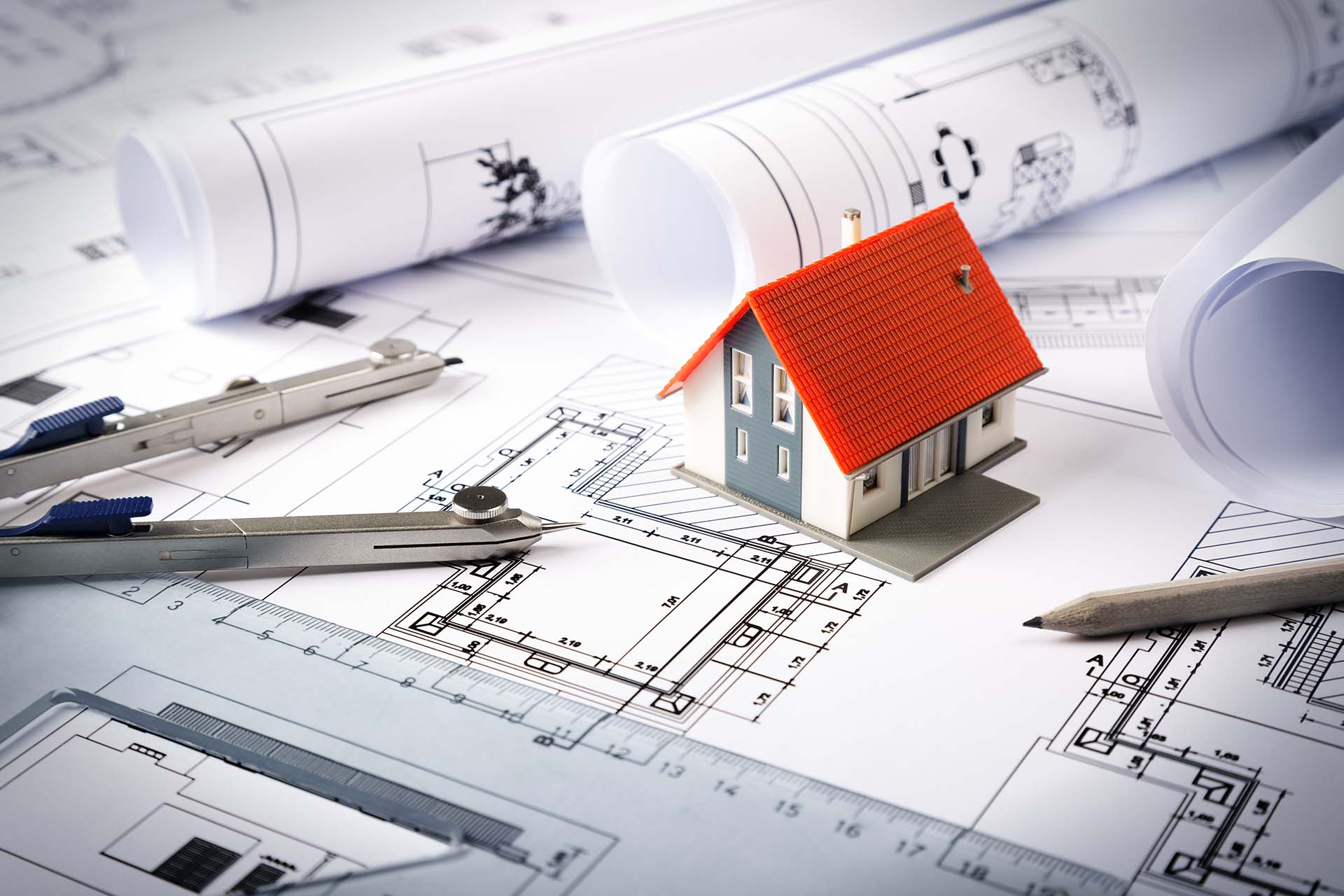
When undertaking any sort of property project in London, it’s crucial to hire an experienced and qualified measured building surveyor. A surveyor will carefully inspect and document the details of your building to provide essential measured drawings, reports, and advice.
However, with many surveyor options available in the London market, how do you optimize your selection? This guide will help you understand what to look out for when selecting a measured building surveyor in London. We’ll discuss qualifications to check the importance of experience level, what services to expect, and how to identify the surveyor that best matches your project needs.
What to Look for in Qualifications and Experience
When considering qualified measured building surveyors, look for those with accreditations from reputable surveying organizations like the Royal Institution of Chartered Surveyors (RICS) that proves they have working knowledge of sector standards and professional rules of conduct.
Also, check that they are properly licensed to practice commercial and residential surveying in London. Experience level matters—choose someone with a minimum of 5-10 years conducting surveys locally. Ask about the types of projects they’ve worked on in the past to ensure they can handle your needs.
Understanding the Types of Survey Services Offered
Most building surveyors provide basic services like measurements, floor plans, and reports. However, some offer additional specialist services. Be sure to understand what each potential surveyor can deliver so you hire one who is adequately equipped to handle your requirements.
For example, some may offer extra services like 3D laser scans, thermal imaging, or drone surveys. Clarifying deliverables upfront will help you select the best fit. Checking online resources about the latest technical solutions, such as this informative resource on 3D laser scanning at https://fortconger.org/page/quest_ce_que_balayage_laser_3d-what_is_3d_laser_scanning, can help you determine which value-added services may be most suitable for your needs.
Getting Recommendations and Reviews of Local Surveyors
It’s a good idea to gather information about potential measured building surveyors from trustworthy sources before committing. Check online reviews on sites like Google to see what past clients have to say.
Also ask others in your network—like architects, developers, or other property owners—for referrals of surveyors they’ve worked with previously and can recommend. Speaking to past clients will give you valuable insights into the quality of service you can expect.
Some Factors to Consider When Comparing Surveyor Quotes
When multiple surveyors provide estimates, don’t simply choose the lowest price. Consider what services and deliverables are included at each quote level. Higher costs may indicate additional expertise, resources, or time allocated that better suit complex projects.
Also, ask about any potential additional fees beyond the quote. Carefully evaluating what you need against proposed budgets helps determine the best value option.
Choosing a Surveyor Familiar with Your Property and Neighborhood

Surveyors who have previously worked extensively in your area will have significant knowledge of local building codes. They understand specific property issues and how to interpret planning regulations for your neighborhood. Click here for more information.
Choosing a surveyor already acquainted with the nuances of your location helps ensure a smoother process. Proximity to your property also matters—seek out a surveyor working near you for maximum availability and convenience.
Timelines Involved in Producing Survey Drawings and Reports
It’s critical to understand any time commitment involved when hiring a surveyor. Ask upfront about normal turnaround times for uncomplicated versus large-scale projects. Are surveyors currently overbooked potentially delaying your job?
Also, inquire about rush service options if fast timelines are essential to meet planning or construction deadlines. Having clear expectations set on delivery time frames lets you plan subsequent project stages accordingly. The surveyor should provide estimated schedules tailored to your requirements.
Contacting Multiple Surveyors to Ensure the Best Fit for Your Project
Rather than choosing the first surveyor you speak to, take the time to properly assess several options. Initial conversations help understand surveyors’ personalities and communication styles in addition to their services and prices. Some may be a more natural fit depending on your working preferences and project complexities. Getting multiple perspectives also allows comparing approaches to ensure the ideal match.
What’s Next? Evaluating Technical Capabilities and Project Expertise
When considering measured building surveyors for a project, it’s important to understand the technical process involved and what to expect from quality providers. Leading firms like ASES Surveyors London employ techniques like laser scanning to efficiently capture highly detailed spatial data. This expedites on-site work and allows flexible outputs from the resulting point cloud scans.
Once you’ve gathered initial proposals, evaluate their technical abilities and relevant experience in more depth. Ask each firm to provide examples of recent, similar projects they’ve successfully delivered. Reviewing case studies on their website can also give insights.
Ideally, schedule follow-up meetings to ask detailed questions. Observing a surveyor’s consultation approach reveals how well they can support your project needs. Comprehensively evaluating these qualitative factors alongside pricing leads to optimal selection.
Key Takeaways
Measured building surveys are a crucial early step for any significant London construction or renovation project. Taking the time to thoroughly research options and hiring the best-qualified survey firm sets your development up for success. Here are the major things to remember:
- Conduct thorough due diligence on potential surveyors through online research, reference checks, and in-depth proposal evaluations.
- Consider both technical expertise and soft skills—look for a good balance between experience, qualifications, and customer service.
- Request multiple proposals to compare approaches, pricing structures, and timelines. This ensures selecting the best fit.
- Understand the survey process and expected deliverables so proposals meet your project requirements.
- Evaluate experience levels for comparable past projects and the ability to handle complexity.
- Assess understanding of the latest technologies like laser scanning that impact quality outputs.
- Prioritize surveyors with extensive knowledge of local building codes and London market challenges.
By following this diligent process, you can feel confident your building survey will provide the high-quality data needed to inform downstream planning and design decisions. Doing your due diligence on the front end leads to better project outcomes.


